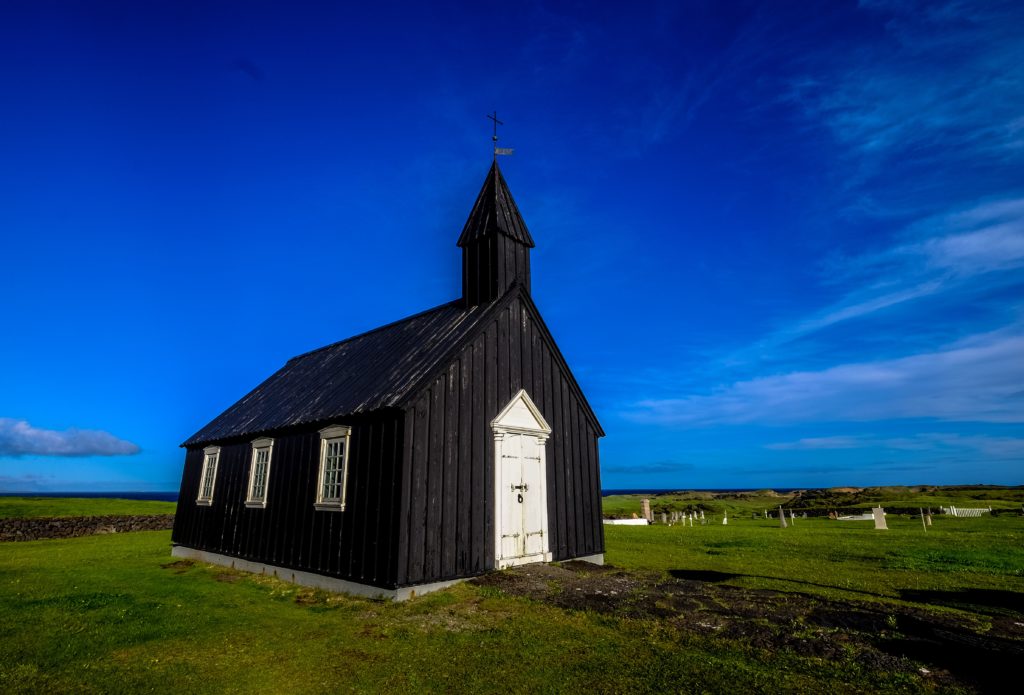
I’ve suggested in the earlier posts in this series that you ought to be part of a local church, an assembly of (admittedly broken) believers—that reasons for not doing that are invalid, and that those same reasons actually call for serious commitment, for becoming an active, registered member.
OK, now that you’re a member, what’s next? What’s the point of belonging to a church?
I’ve written on that question in a stand-alone post a couple of years ago. Go read that post; it’s The Point. When you get back, I’ll tell you a story.

Welcome back.
Let me tell you how I applied this concept in my own thinking.
I think my spiritual gift is teaching. (Might be wrong. My students, I suppose, sometimes wonder. And more on the whole spiritual gifts thing in the next post.) For most of my church life, I’ve taught in Sunday school or something similar, usually adults, with whom I’m far more comfortable than the Little Ones.
Well, several years ago the principle in the linked post (You did go read it, didn’t you? No? Well, go read it. I’ll still be here when you get back.) hit me like a ton of bricks. Church isn’t about getting blessed; it’s about giving, ministering to others by actively exercising the gifts God has given you for that purpose. There are no bleachers, and there are no spectators. Quit sittin’ around, and carry your end of the log.
So I thought about that.
I can teach. And I’m teaching Sunday school, so I guess I’m good, right? There. Pangs of conscience go away.
Wait a minute. Maybe I’m overthinking this here, but it seems to me that just showing up and teaching every week isn’t really the same thing as interacting substantively with individual fellow believers. The assembly is about interaction, not just action.
So I decided I’d see if I could step it up a notch. Look for personal interaction based on teaching.
There are lots of ways to do that—accountability partners, one-on-one Bible studies, and so on. In those days, I decided to make just a simple, incremental change: I’d talk to a lot of people between Sunday school and church, and probe a little to see whether they had any questions about the Bible. So during those few minutes I’d walk around where the people were, trying to make myself as visible as an absurdly short person can, and just greet people and look for openings.
And it worked. Pretty much every week somebody would say, “Hey, Dan! Got a question for you!”
Awesome.
One time someone asked me, “What’s a dugong?”
“What?!”
“A dugong. It’s in the Bible.”
“No, it’s not. I’ve read the Bible, and I’ve never heard of it.”
“Sure it is. Right here.” And he showed me Exodus 25.5 (he was apparently using the Revised English Bible, or a more common version that had the word in the marginal notes; I don’t recall), and there it was. Dugong hides in the tabernacle. I was carrying a KJV at the time, and mine said “badgers’ skins.”
Well, whaddaya know. I have some studying to do.
“I don’t know,” I told him, “but I’ll chase that down this afternoon. You going to be here tonight?”
“Yup.”
“OK, I’ll tell you then.”
And that afternoon I learned that a dugong is something like a manatee, and that it lives, among other places, in the Red Sea and Gulf of Aqaba, right next to the Sinai Peninsula.
Wouldn’t it make sense for God to specify a local marine mammal to provide the outer covering of the Holy Place in the Tabernacle?
And so I learned something, and my friend learned something, and I’ve never forgotten that something since.
I was hooked.
So every Sunday, I’m on a mission. Walk around, greet everybody I see, talk for as long as they want. Maybe they’ll have a question that I can answer. Maybe they’ll have one that I can’t answer, and I can get back to them. Maybe they’ll tell me something I don’t know, and I can check it out and then use it to teach other people. So many opportunities, so little time.
Oh! Is it time for lunch already? Hate to leave church so soon. So much good stuff to do.
Try it. It’ll change your church life—and probably the rest of it too.
Photo by Francesco Ungaro on Unsplash



